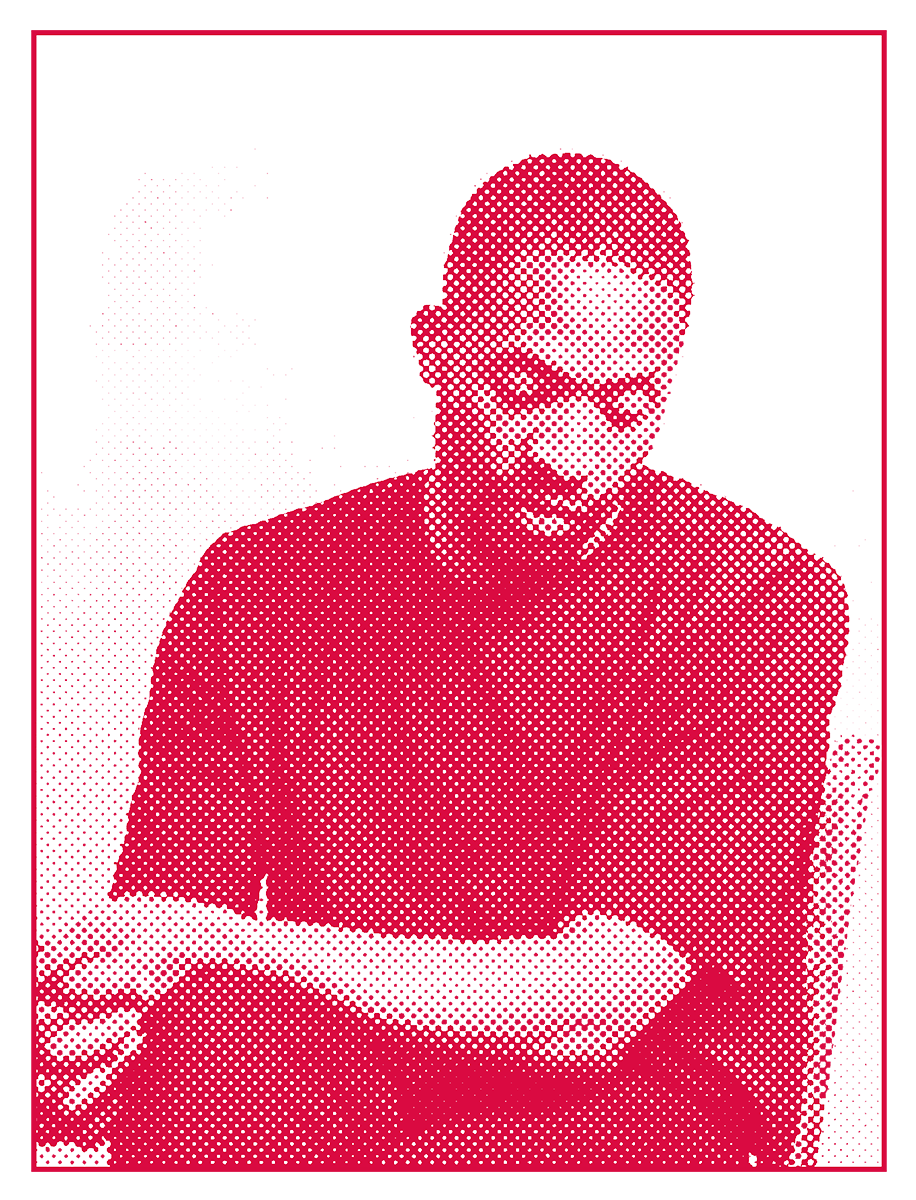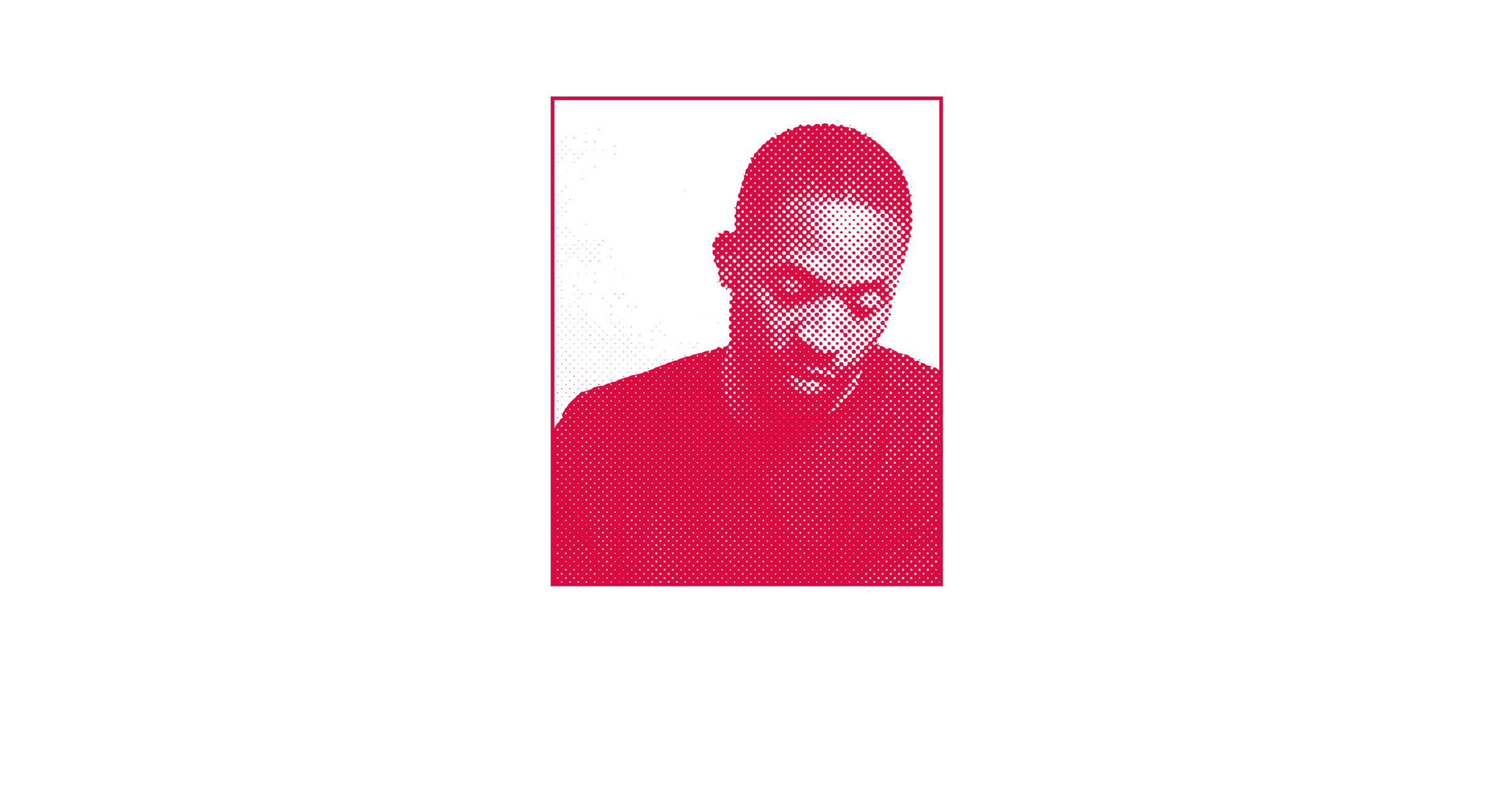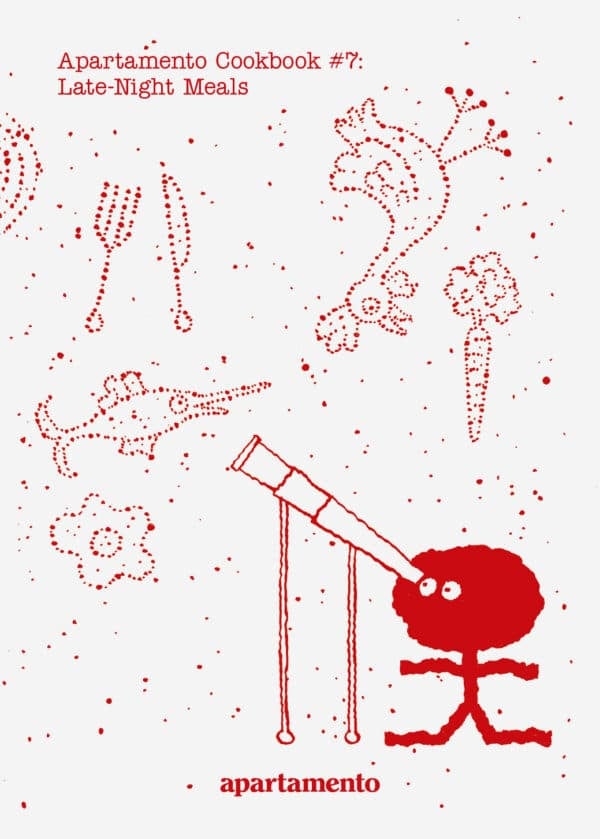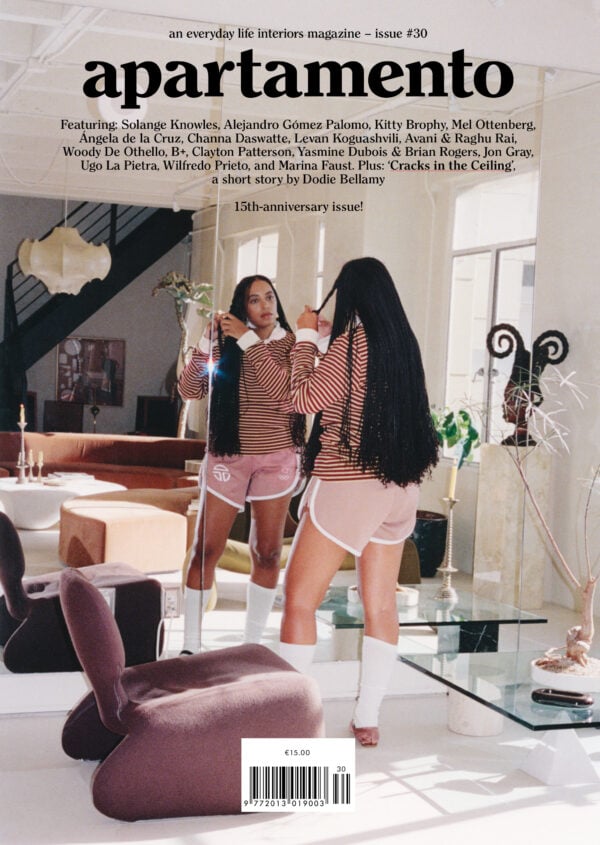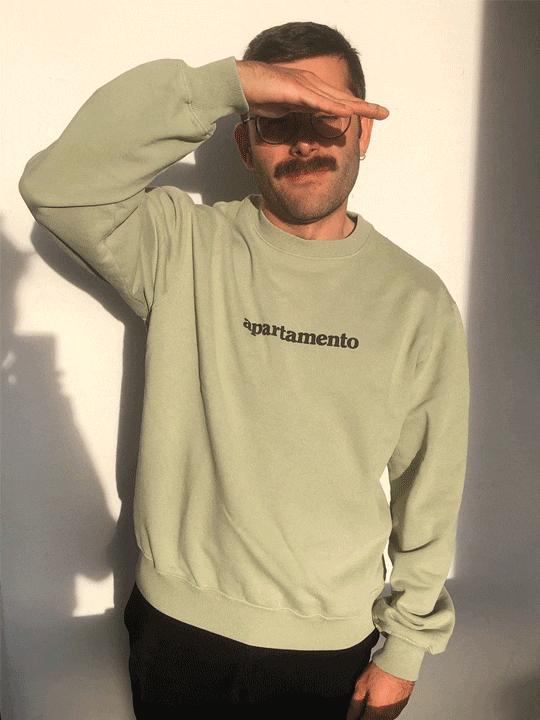On religion
I’m an atheist. I don’t believe there is a god. I do still love all the gospel music I used to listen to in my teens, but that’s about it. I’m not anti-religion. Especially not insofar as it’s a part of a person’s cultural identity. I appreciate that we are where we are in part because of the impact of religion on us as a society and as a species, for better and/or for worse, depending on your perspective. It does sometimes knock me for six to think that people still believe this shit, but then that’s just me. Me and my life and my experiences. Perhaps if I’d survived a fall from a skyscraper or escaped a car crash before it burst into a ball of flames. I don’t know. I think I’d still just reckon I was extremely lucky. I suppose there is then the supernatural. Even then, I think a lot of the old stories I used to hear about ghosts and spirits were told to scare us into faith. Stories about seeing angels were maybe a carrot on a stick to keep us in faith, for hope of seeing one.
I watched The Exorcist recently. There is a theory about it being a tale of something much darker than plain old demon possession. The idea that human beings, unable to come to terms with their own guilt and shame and sense of powerlessness at the misfortune that life brings upon us, sought salvation in the belief that the evil, the neglect, the torture, the lovelessness, the violence, and the horror they experienced were down to strange happenings in the spirit realm. I think there is no spirit realm. Saying that though, I remember one pastor taking time out to speak to me when I was first starting to lose faith. We spoke about infrared and Bluetooth and mobile communication, much in the way that some of the other pastors at church or the elder brethren would talk about the wind. How it moves. How you can’t see it, but you can see its effects. I liked this analogy, but it didn’t take me back to god. It took me to physics and philosophy. Mathematics. Probability. Laws of thermodynamics. Quantum theory. Beyond. To nihilism. To egoism. To determinism. Determinism is not a religion. Neither is moral nihilism. Neither is psychological egoism.
They are non-prescriptive observations about reality, life, the world, and the people in it. They form the foundation of my current worldview. Amoral Egoism. At one point, I was really into Stoicism. Then life got really hard and all I wanted to do was scream and cry. I then realised that I was subject to a new religion that, for me, ultimately operated on the same premise. Guilt for how one feels. Shame for how one acts. Guilt and shame and regret have their place. But what are we to feel guilty for? What actions should we regret? What is there to be ashamed of? My lusts? My desires? My feelings? I’m not so sure.
I appreciate now, through my experiences with Christianity, Islam, holiness, and Stoicism, that having a framework to operate within can be helpful. Especially if one is trying to do something. Instructions and dos and don’ts become useful. When it comes to questions of, ‘What should I do?’, it can be great to have an answer—and an answer that works. Leaning not upon one’s own understanding. How to live a good life. How to be happy. Purpose. Direction. Meaning. Ultimately we have to find the answer for ourselves. For some people that answer is in religion. Or Stoicism. Or AA. Or straight edge. Or their career. Or football. Or a band. Or a place. A community. That may be the common thing in most cases. For most people, beyond any wranglings with the spirit realm and the unknown. My prophets are my friends. My church is my flat. Or The Haggerston. Or Ormside Projects. Or Venue MOT. Or Soho House. Or my lover’s house. Or the gym. My bible is a combination of the poems I read, the conversations I have, the songs I hear, the articles I read, the novels, the films, the lectures, even the Bible itself.
I just take what works and live my life according to what serves me. As we all do. No one should be this or should be that, but we are what we are. Until we aren’t anymore. There is no ‘hell’ beyond what one feels when life is killing you. There is no ‘right’. There is no ‘wrong’. Everything is natural. Everything that happens, happens. Life will do what it does, and we will do what we will do.
